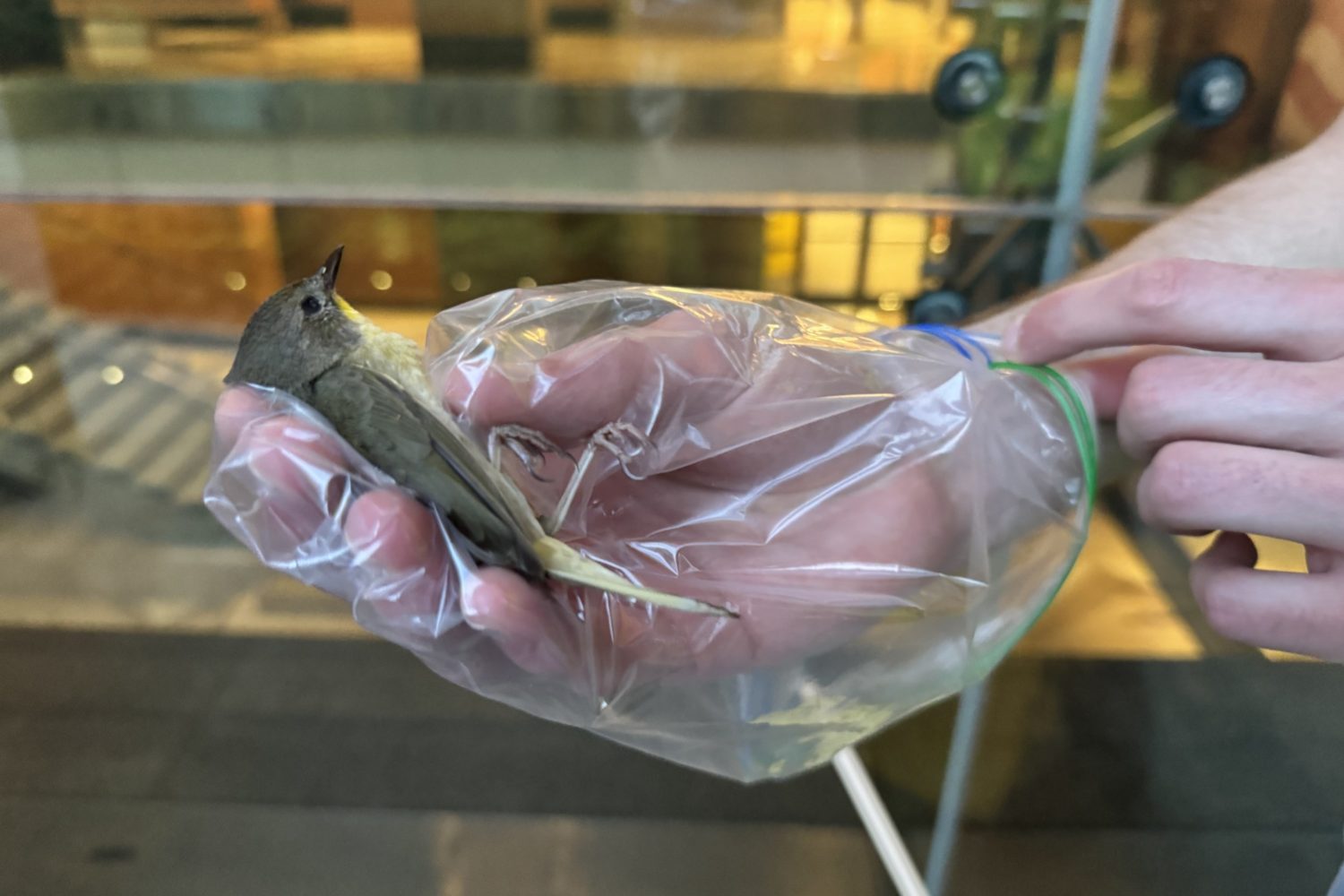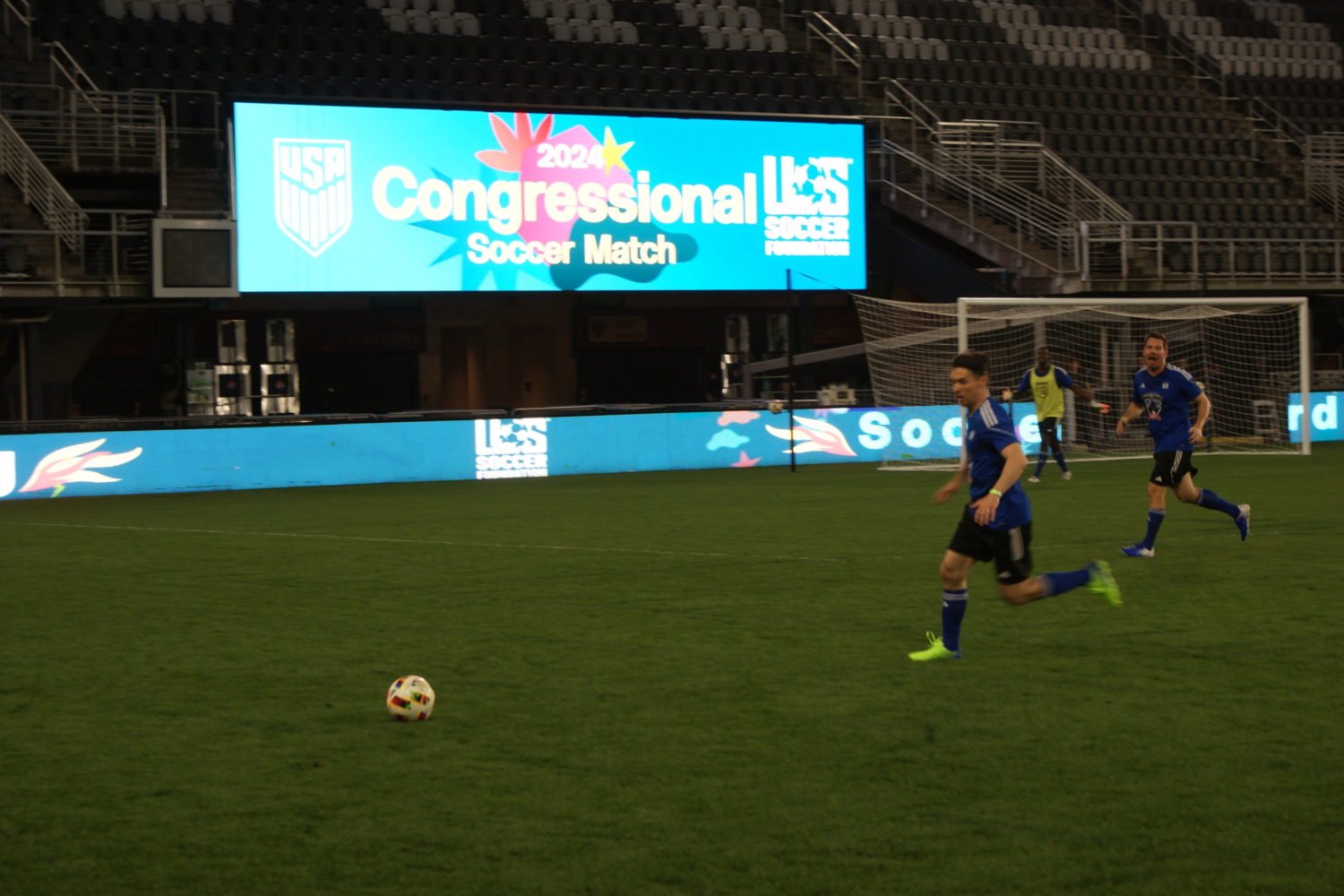Ted Leonsis appeared to equate DC’s lack of free, citywide internet access with the water crisis going on in Flint, Michigan in an interview published Monday by Washington Business Journal.
“Wireless infrastructure and mobility, being able to activate high-speed communications for free, is the new running water,” Leonsis, who owns the Capitals, Wizards, and Mystics, says in the video. “We see what’s happening in Flint, Michigan. They have failed their populace because they don’t have clean running water and it’s the most fundamental deliverables of local government, and I’d like to see our government take a bigger role in providing that for everybody.”
Flint, under orders from an emergency manager installed by Michigan Governor Rick Snyder, switched its water source from nearby Detroit’s system to the Flint River in mid-2014. The heavily polluted water almost immediately started taking on lead from Flint’s aged sewer infrastructure, spiraling into a full-blown health crisis within months. Thousands of children in the city have been exposed to the poisoned water, some effects of which may be irreversible, while nearly 100 cases of Legionnaires’ disease have been diagnosed since last June. The city’s mayor declared a state of emergency last December, and Snyder now faces a statewide recall petition.
It’s easy to see where Leonsis’ analogy might offend; he says in an interview with Washingtonian that he was trying to say internet access should be a basic, government-provided service—like running water or public safety—rather than a sometimes expensive subscription offered by private providers.
“The point I was making is that governments are in charge of utilities,” he says by phone. “That is a core deliverable. More and and more, access in communications is going to be considered a utility. And we do have governments focused on safety and security and clean running water.”
Leonsis last week tweeted a “call to arms” for a wireless utility across the DC metropolitan area, apparently inspired by a New York initiative converting that city’s outmoded phone booths into hotspots that provide free internet access.
“I’m saying we have to have our governments focused on utility and access is a utility that’s just as important as electricity and running water,” Leonsis tells Washingtonian. “And we see what happens when governments aren’t paying attention. When we had 9/11 and we couldn’t communicate that was a crisis.”
Leonsis says that going forward, internet access should be as big a priority for governments as other basic services like education, police, electricity, and running water. “That’s the next big thing,” he says of connectivity.
Asked again about his comparison, Leonsis admits—a little—that the current lack of free public wifi isn’t as dire as the situation in Michigan.
“People aren’t going to die today or be poisoned because they don’t have connectivity,” he says. “The point I was making is that access is a utility and I don’t see our government providing this needed service. If your news hook needs to be snarky, go ahead, but don’t lose the message that connectivity is a utility. It’s going to be clean running water, electricity, and connectivity.”
Aside from a few proposals by DC Council member David Grosso, few local elected officials have taken up the cause of free citywide or region-wide internet access. But they appear to have some time to catch up with New York and impress Leonsis: New York will need at least 10,000 hotspots to create a network big enough for all five boroughs; so far, it’s only switched on a handful of sites in Gramercy Park.



















